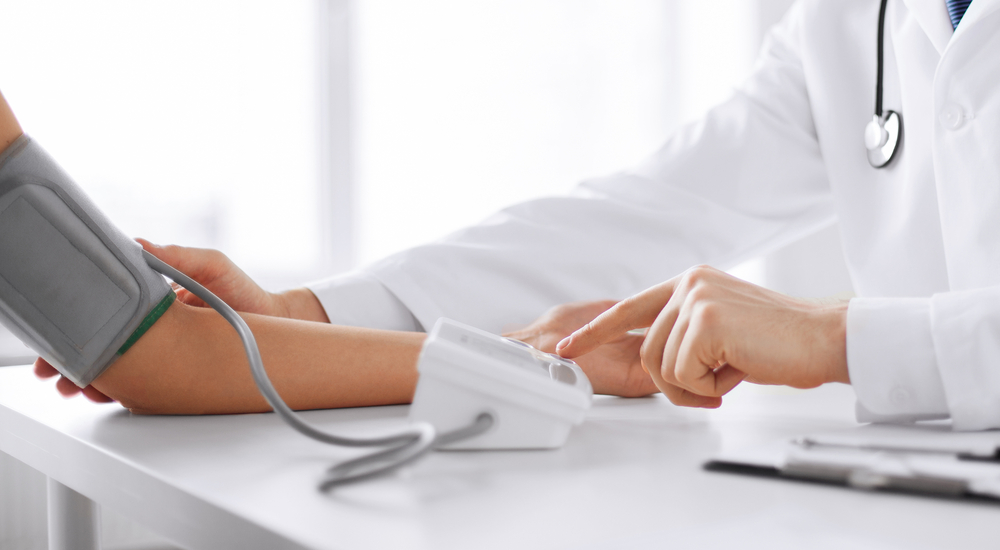DIAGNOSIS
Before the diagnosis, your doctor will evaluate your medical and family history and the signs and symptoms you are experiencing. Then he or she will conduct a a physical examination. Several tests will be used to diagnose pulmonary hypertension. These tests will determine the severity of your condition and they will also help find out the cause of your condition.
Tests may include the following:
- Echocardiogram
- Chest X-ray
- Electrocardiogram (ECG)
- Right heart catheterization
- Blood tests
- Computerized tomography (CT) scan
- Magnetic resonance imaging (MRI)
- Pulmonary function tests
- Polysomnogram
- Ventilation/perfusion (V/Q) scan
- Open-lung biopsy
- Genetic tests
TREATMENT
While there is no cure for pulmonary hypertension, still many of the treatments can help you relieve and slow down the advancement of your signs and symptoms.
Appropriate treatment is based on the severity of your pulmonary hypertension .
Medications may include the following:
- Blood vessel dilators (vasodilators)
- Endothelin receptor antagonists
- Sildenafil and tadalafil
- High-dose calcium channel blockers
- Soluble guanylate cyclase (SGC) stimulators
- Anticoagulants
- Digoxin
- Diuretics
Surgeries
- Atrial septostomy
- Transplantation


